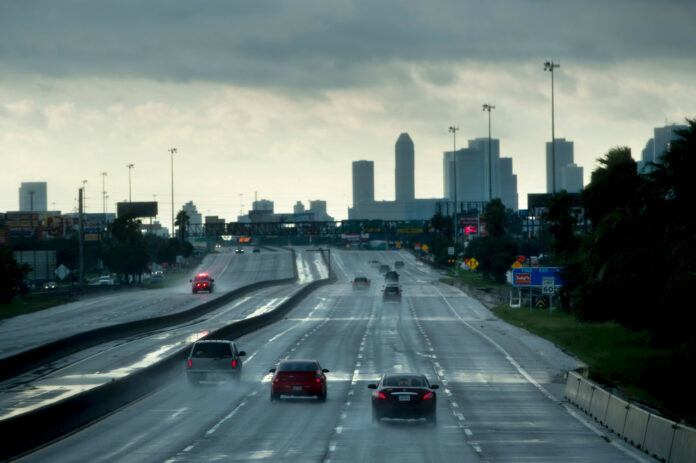Nearly the entire United States experienced bone-chilling subzero temperatures when an arctic blast gripped the nation earlier this month. Now, the temperature gauge will swing wildly in the other direction for some states.
Early Thursday morning, the National Weather Service (NWS) Weather Prediction Center issued a forecast claiming that “unseasonably warm temperatures” will potentially set new records in seven states. Only a week ago, states across the U.S. battled record-breaking cold, but a ridge loft in the jet stream will allow for more warmth to come in over the next few days as a southwesterly flow carries warm temperatures up from the south.
“Unseasonably warm temperatures will overspread the East Coast and portions of the Ohio and Tennessee Valleys,” the forecast said. “Low temperature anomalies between 40-50 degrees above average will lead to widespread records being broken tonight and Thursday night.”
NWS Weather Prediction Center meteorologist Jennifer Tate told Newsweek that records could be broken for the low-temperature forecasts in Alabama, Georgia, South Carolina, North Carolina, eastern Tennessee, Virginia, and Florida, and the unseasonable warmth will spread across roughly a third of the nation.
Getty
“It should be quite warm over the eastern third or so of the country for the next couple of days that could set some records, particularly for low temperatures, as low temperatures will be as much as 30 degrees or more above average,” Tate said.
However, some of the records could be spoiled, Tate said, as the lows will be at their warmest on Friday morning.
“They may cool down enough Friday before midnight when the records are taken,” Tate said.
The warmest temperatures will occur on Thursday and Friday, and temperatures will remain slightly above average by the weekend but will gradually moderate, according to Tate. Temperatures will likely regulate by Monday morning.
Rainfall will accompany the warm temperatures, and an NWS Weather Prediction Center map showed that there’s a chance of rain extending as far west Kansas, north to Michigan, south to Louisiana and east along much of the East Coast.
The worst of the rain is in the Mississippi Valley, according to Tate. Flood warnings are in place in parts of Texas, Arkansas, Mississippi, Louisiana and Tennessee as heavy rain batters the region. Earlier this week, parts of Texas received nearly 12 inches of rain in 72 hours. NWS meteorologist Matthew Brady told Newsweek on Wednesday that the rainfall amounts were “unusual.”
“This will probably be one of our wettest Januarys, especially over the coastal Plains,” Brady said.
Uncommon Knowledge
Newsweek is committed to challenging conventional wisdom and finding connections in the search for common ground.
Newsweek is committed to challenging conventional wisdom and finding connections in the search for common ground.


